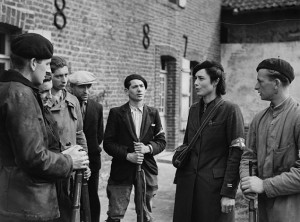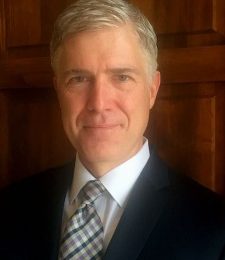The last Holy and Great Council of the Orthodox Church was 1,200 years ago, and this one has been in the works for 70 years. Despite boycotts by several church bodies, including the largest, the Russian Orthodox Church, the council met and finished its work. As for what it accomplished, it doesn’t seem like much, falling short of the possibility that this would amount to Orthodoxy’s Vatican II. (Orthodox readers, please help us out with what happened at the Council and its significance.)
The Council did, however, make a clear statement that marriage is intrinsically heterosexual. It also forbade members of the Orthodox Church from being involved in same-sex unions and all other kinds of sexual cohabitation apart from marriage.
From Historic Orthodox Council ends with upbeat but cautious message | National Catholic Reporter:
Orthodox leaders have concluded a historic council pledging dialogue with other churches, while also reaffirming “no compromise” when it comes to Orthodox teachings.
“The Orthodox church, faithful to the unanimous apostolic tradition and her sacramental experience, is the authentic continuation of the one Holy Catholic and Apostolic Church as confessed in the Creed and confirmed by the teaching of the Church Fathers,” the Orthodox representatives said in a final message.
“Our church attaches great importance to dialogue, primarily with non- Orthodox Christians. In this way the remainder of the Christian world comes to know more precisely the authenticity of the Orthodox tradition, the value of patristic teaching and the liturgical life and faith of the Orthodox. Dialogues conducted by the Orthodox church never imply a compromise in matters of faith.”
The message was issued at the end of the Holy and Great Council, attended in Crete by 220 Orthodox bishops and archbishops, as well as 70 official advisers.
It said the signatories were full of “thanksgiving and praise” that the gathering had taken place, despite boycotts by four of the 14 Orthodox churches, adding that the Council’s key priority had been “to proclaim the unity of the Orthodox church” with “a prophetic voice that cannot be silenced.”
“The Orthodox church expresses her unity and catholicity in council — conciliarity pervades her organization, the way decisions are taken and determines her path,” the message continued.
“The church does not involve herself in politics — her voice remains distinct, but also prophetic, as a beneficial intervention for the sake of man. Human rights today are at the center of politics as a response to social and political crises and upheavals, and seek to protect the citizen from the arbitrary power of the state. Our church adds to this the obligations and responsibilities of citizens and the need for constant self-criticism.”
The week-long Council, widely believed the first on such a scale for 1,200 years, ended with a June 26 liturgy at Chania’s St Peter and Paul Basilica, presided over by its convener, Ecumenical Patriarch Bartholomew I of Constantinople.
It adopted joint declarations on Orthodox mission,diaspora affairs, church autonomy, fasting and ties with other Christian churches, as well as document on marriage, which said heterosexual unions were “an indispensable condition for marriage,” and barred church members from “same-sex unions or any other form of cohabitation.”




